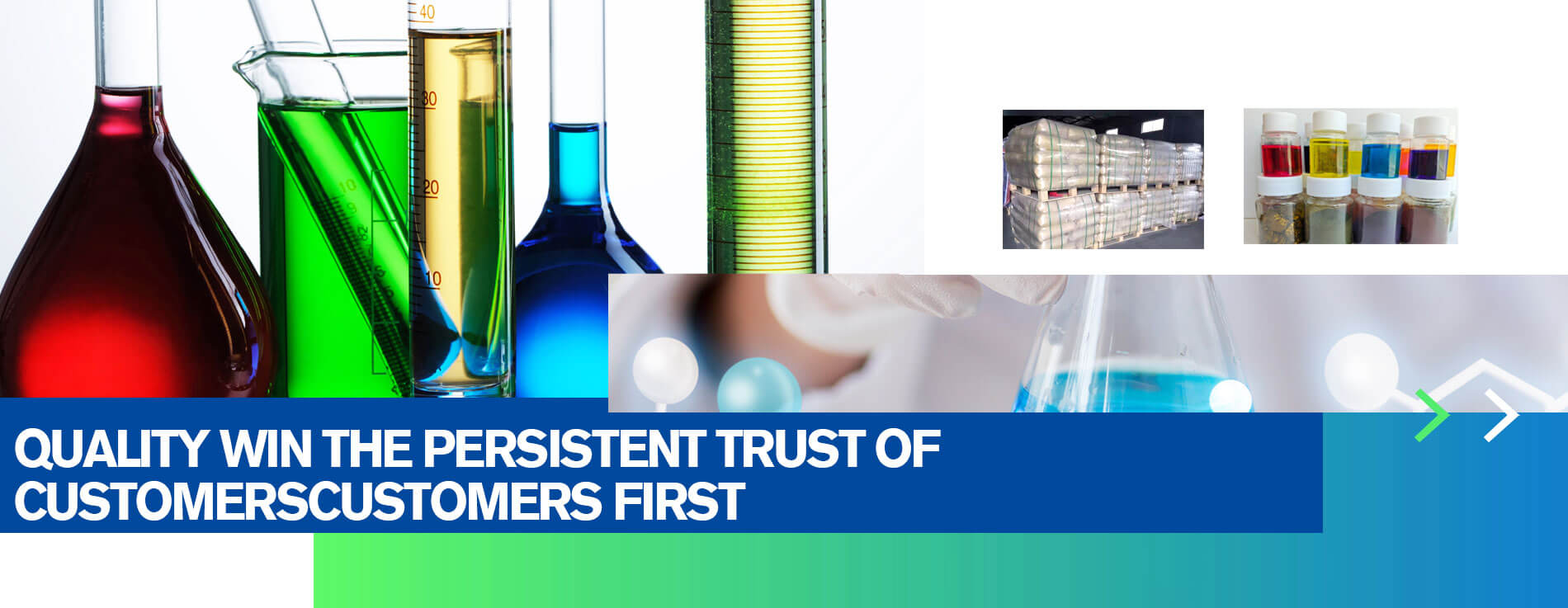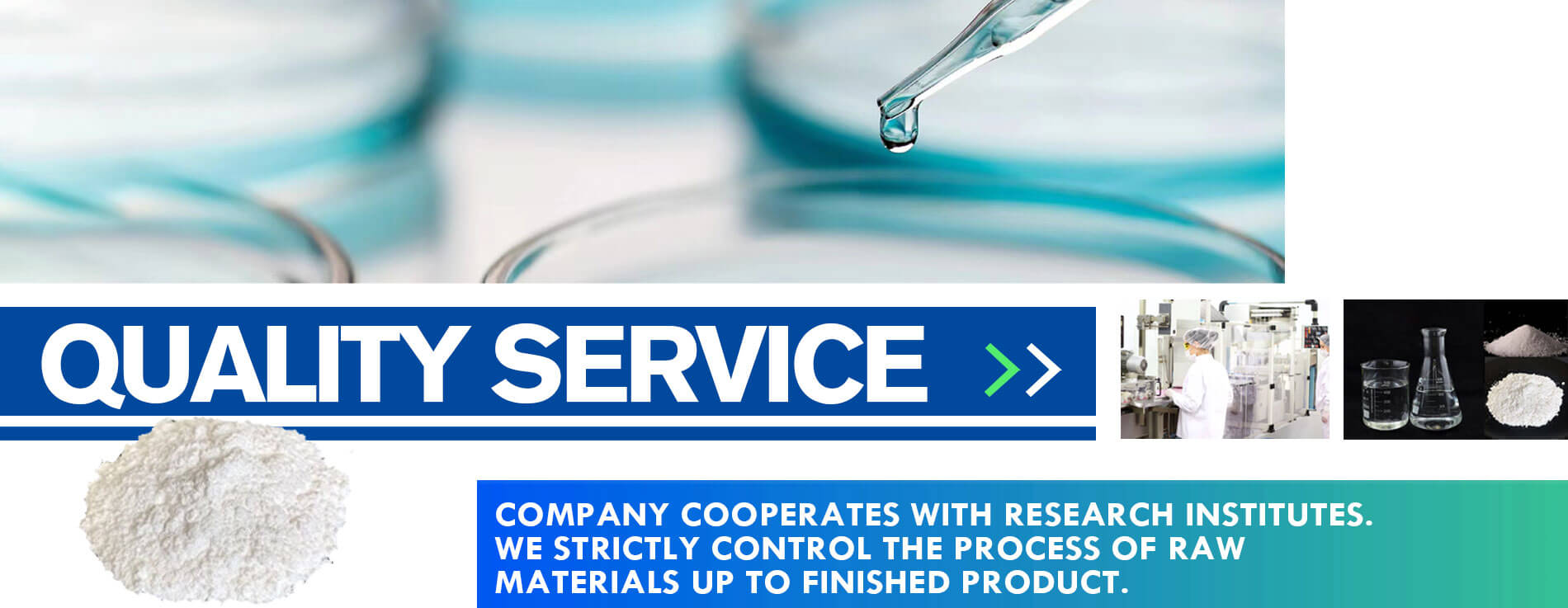What are the main application fields of Polyether Type
Polyether substances have a wide range of uses and are found in many fields.
In industrial manufacturing, polyether type is often an important raw material. In the production of polyurethane, polyether polyol is a key component. By reacting with isocyanates, polyurethane materials with different properties can be prepared. These materials are indispensable in the field of foam plastics, whether soft foam is used for furniture and mattresses to provide comfortable support and cushioning; or rigid foam is used for building insulation and cold chain transportation, to play an excellent thermal insulation effect. And in elastomers, coatings, etc., the products made of polyether type raw materials also have good wear resistance, flexibility and adhesion.
In the field of daily chemical industry, polyether also has extraordinary performance. In detergents and detergents, polyether surfactants exhibit excellent decontamination, emulsification and dispersion properties. It can effectively remove oil stains and stains, making fabrics as clean as new, and less irritating to the skin. It is widely used in personal care products such as shampoo and body wash, giving the products mild and rich foaming properties.
In the textile printing and dyeing industry, polyether additives can improve the wettability and softness of fibers. Allows dyes to adhere more evenly to fibers, improving dyeing quality, making fabrics bright and uniform in color, while giving fabrics a soft and smooth feel, improving their quality and wearing comfort.
In petrochemicals, polyether can be used as a drilling fluid additive. It can improve the rheology of drilling fluid, stabilize the well wall, and prevent accidents such as collapse and sticking. In the process of oil recovery, polyether oil displacement agents can improve crude oil recovery, and make crude oil more easily displaced from rock pores by reducing the interfacial tension between oil and water.
In the field of medicine, polyether materials are often used as drug carriers due to their good biocompatibility. It can wrap drugs to achieve controlled release and targeted delivery of drugs, improve drug efficacy, and reduce toxic and side effects on normal tissues.
In summary, polyether substances play an important role in many fields such as industry, daily chemicals, textiles, petroleum, and medicine, and have made great contributions to the development of various industries.
What are the performance characteristics of Polyether Type?
Polyethers have unique performance characteristics. The molecular structure of polyether is regular and flexible, like a delicate machine, which can be changed according to different uses. Its hydrophilic and hydrophobic properties are controllable, it seems to be able to adjust yin and yang, and it can be handled comfortably in the environment of water and oil, which is a great advantage.
In terms of solubility, it is compatible with many solvents. If it enters the flow of hundreds of rivers, it will be miscible without hindrance, which paves the way for application. Its thermal stability is quite good, just like a strong wall, and it is not chaotic in case of heat. It can adhere to its original state at high temperatures, ensuring smooth operation of many operations.
Furthermore, polyether has excellent lubricity, like a plaster, which makes objects smooth and unobstructed when rubbing, and helps in mechanical operation and processing. Its chemical stability is also strong, like a rock, and it is not easy to react with foreign objects. Therefore, it can exist in a variety of environments and does not deteriorate over time.
And polyether has outstanding surface activity, which can exert strange properties at the interface, or reduce surface tension, or increase dispersion and emulsification. In short, the performance characteristics of polyether are very useful in various fields, which can be called a wonder.
What are the advantages of Polyether Type compared to other similar products?
Compared with other similar products, polyether materials do have many extraordinary things and have unique advantages.
First, its stability is quite good. Like a strong fortress, in various environments, polyether can maintain its own structural stability and is not easily disturbed by external factors. Other similar products, like the fragile tissue paper, are prone to structural changes, resulting in performance damage.
Second, polyether has good solubility. It seems that the agile fish can freely blend in a variety of solvents, showing excellent solubility. In contrast, other products, like the clumsy stone, are difficult to dissolve smoothly in the face of solvents, thus limiting their application in many fields.
Third, its surface activity is very good. Just like the magic wand, polyether can effectively reduce the surface tension of liquids, making it easier for liquids to spread and penetrate on the surface of various materials. In this regard, similar products are often like the dull blunt tool, which is difficult to achieve such a good effect, resulting in a scene that requires high-efficiency surface activity.
Fourth, polyether has excellent lubrication performance. Like the smooth silk, it can provide good lubrication in scenarios such as mechanical operation, reduce friction and wear between components, and prolong the service life of equipment. In contrast, the lubrication effect of other similar products is like the rough sandpaper, which cannot give equipment such intimate protection.
In summary, polyether products do have significant advantages over other similar products in terms of stability, solubility, surface activity, and lubrication properties, making them the best choice in many fields.
Is the Production Process of Polyether Type Complicated?
The production process of polyether type depends on various factors.
The preparation of polyether requires the initial selection of suitable raw materials. If it is based on ethylene oxide, propylene oxide, etc., the purity and quality of these raw materials have a great impact on the subsequent process. If the raw materials are not good, the process may require multiple purification and treatment, which will increase the complexity.
The catalytic process is also crucial. Different catalysts have different activities and selectivity. Excellent catalysts can make the reaction proceed efficiently, with few side reactions and a natural and simple process; if the catalyst is improper, the reaction path or deviation, and the subsequent separation and refining steps will be more complicated.
The control of the reaction conditions also affects the complexity of the process. Temperature and pressure need to be precisely regulated. If the temperature is too high or too low, and the pressure is not suitable, the reaction rate and product distribution can be changed. If the temperature is too high, or it causes excessive reaction, too many impurities are generated, and many links have to be added to the subsequent process to remove impurities.
Separation and purification steps also consider the complexity of the process. Polyether products are often mixed with unreacted raw materials, catalyst residues and by-products. To obtain high-purity polyether, fine separation is required. The use of advanced separation technologies, such as distillation, extraction, adsorption, etc., can simplify the process; if the technology is outdated, the separation effect is not good, or repeated operations are required, the process will become complicated.
The post-processing stage, such as product drying, packaging, etc., is relatively simple, but it cannot be ignored. Proper post-processing can ensure the stability of product quality, otherwise, it may affect product performance, so that the overall process needs to take these factors into account.
In summary, the polyether type production process, whether simple or complex, depends on various factors such as raw materials, catalysis, reaction conditions, separation and post-treatment. All links can be properly handled to make the process more concise and efficient.
What is the Market Price Range for Polyether Type?
The market price range of Guanfu polyether is actually influenced by various factors. Its categories are diverse and its uses are different, so its price fluctuates.
Common polyether, in general commercial transactions, if it is for ordinary industrial use, the price per kilogram is about 20 to 80 yuan. Among them, polyether used as an additive for ordinary plastic products, due to wide demand and easy production process, the price may reach the lower limit of about 20 to 40 yuan per kilogram.
However, if it is used in the field of fine chemicals, the price of polyether with strict purity and performance requirements will rise sharply. This kind of polyether may require complex processes and high-end equipment to produce, and the price per kilogram can reach more than 80 yuan, even more than 100 yuan.
As for polyether used in special industries, such as aerospace, biomedicine, etc., its price is even higher because of the extremely high requirements on quality and safety. The price per kilogram may be as high as several hundred yuan.
In addition, the state of market supply and demand also deeply affects its price. If there is a peak demand season and the supply is limited, the price will rise; on the contrary, when the supply exceeds the demand, the price will decline. In addition, fluctuations in raw material prices, changes in policies and regulations, and increases and decreases in transportation costs all make the price range of polyether markets dynamic and difficult to be constant.


